A brain drain in reverse: Vietnam’s economy thrives as top talents return
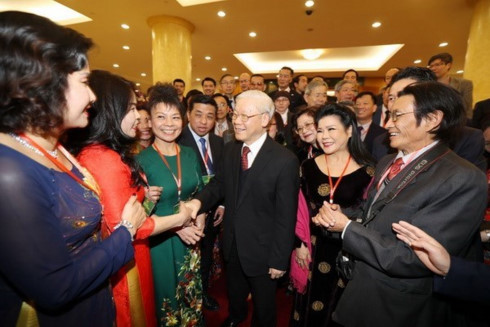 |
Party General Secretary Nguyen Phu Trong receives a delegation of overseas Vietnamese who returned home to join the “Xuan Que huong 2018” (Homeland Spring 2018) programme
“I have never seen such a bustling business atmosphere, everyone is overflowing with entrepreneurial spirit and making money,” says Minh Dieu Staps, one of the thousands of Viet Kieu (overseas Vietnamese) who moved back to Vietnam to live and work.
The phenomenon is a brain drain in reverse. Professionals young and old are moving to Vietnam to do business, invest in property, and resettle. Sons and daughters of refugees are heading for their ancestral home. Why is this happening? Moreover, will this continue to have a positive effect on the country’s economy?
Thousands of Viet Kieu have travelled to Vietnam
Viet Kieu means “sojourner”, today, it applies to the sons of daughters of those who left the country, many of whom are returning to the country. The incoming Viet Kieu are having an impact across several industries, from opening up new food restaurants to contributing to a booming real estate market. With around 5 million Vietnamese living overseas, there are plenty more to come.
Viet Kieu talent and money is propelling the Vietnamese startup scene. Viet Kieu head up more than half of the startups funded by venture capital firm 500 Startups Vietnam. Additionally, as many as 3,000 projects have received investment from Vietnamese living abroad.
Those who are coming into the country fall into three groups. Some act as bridges between Western companies and Vietnam, helping overseas firms expand into new Vietnamese markets. Others are entrepreneurs building from the ground up, and then there are those who are qualified professionals taking on key positions in local firms.
The government is trying to lure the Viet Kieu back to Vietnam
The government has smoothed the Viet Kieu’s path to return to Vietnam. It passed a resolution in 2004 which states that the Viet Kieu is an “inseparable” part of the Vietnamese community. In 2007, it also relaxed visa requirements. Previously, Viet Kieu required a visa to return to the country – even if they held dual nationality – as did their families.
Viet Kieu are now treated as domestic investors and domestic real estate buyers. This means they do not have to undergo the same processes as foreigners, and this gives them an advantage. They are also exempt from personal income tax and some import duties.
For the government, the Viet Kieu are valuable additions to the Vietnamese economy. It wants the country to benefit from their skills and expertise. In 2015 alone, 12,000 returned to Ho Chi Minh City. They cited high salaries, clear career outlook and flexible work arrangements as major factors behind their decision. The average monthly salary in Vietnam has almost quadrupled since 2008 from VND1.4 million (US$60.1) to VND5.4 million ($US233.5).
The Viet Kieu help boost and strengthen the Vietnamese economy
Viet Kieu are valuable for many reasons. They bring significant experience of doing business in the West. Being able to speak both English and Vietnamese is also essential, as is their access to US business contacts and networks.
Economic growth in Vietnam is one of the success stories of Southeast Asia. Since 2004 – when the Viet Kieu began to return – gross domestic product (GDP) has increased substantially, and growth has held steady. While other factors were also responsible, including the government’s approach to trade and market reforms, there is a clear correlation between their return and Vietnam’s economic prosperity.
The Viet Kieu have been particularly instrumental in the Vietnamese tech sector, one of the economy’s biggest drivers. An estimated 45% of tech startups in the country are Viet Kieu. Those that aren’t returning to Vietnam’s shores are still contributing to the country’s upward economic trajectory. Remittance from the Vietnamese diaspora has been on the rise over the last ten years.
It hasn’t all been smooth sailing
Viet Kieu do not arrive and make an immediate impact. There are significant differences between how businesses operate in the West and Asia. Processes are generally slower in Asia. Vietnamese view Western business methods as too harsh and too forward. That leads to clashes between Viet Kieu and their Vietnamese colleagues in the workplace.
What does the future hold for Vietnam and the Viet Kieu?
Indications suggest more Viet Kieu are keen on returning home. A 2016 survey revealed 70% of overseas professionals were interested in making the switch. Late last year, real estate agents reported growing interest from Viet Kieu in purchasing property. Over time, this will mean more business knowledge and tech skills flowing into the country, further enhancing Vietnam’s economic growth and stability.
The government reached out to the Viet Kieu and are reaping the rewards. However, ministers are still pushing to bring more home as part of their Industry 4.0 strategy. That includes plans for a mini-Silicon Valley hub in Hanoi which could entice even more talent into the country.
Viet Kieu have already helped set up thousands of new enterprises. Vietnamese purchasing power is growing. Projections suggest the economy will continue to grow. As Mimi states, “We have a population thirsty for change and entrepreneurship.”
The Viet Kieu are “economic heroes” whose impact on the economy has been overwhelmingly positive. Viet Kieu are now held in high regard as critical drivers of Vietnam’s economic boom. They have earned their place at the heart of the Vietnamese economy.
By John Pennington ( Asiatoday )
Recommended
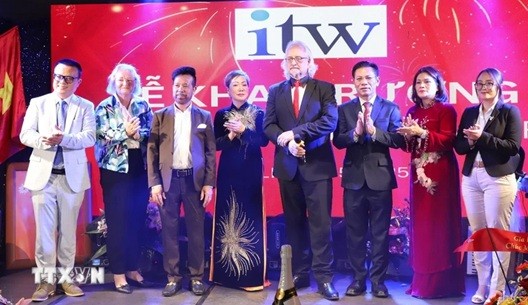 Overseas Vietnamese
Overseas Vietnamese
Language and Vocational School for Vietnamese launched in Germany
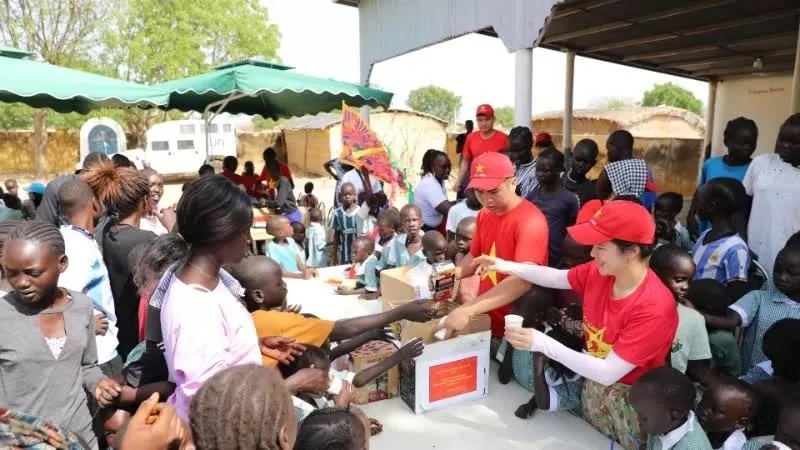 Overseas Vietnamese
Overseas Vietnamese
A Heart-warming International Children's Day in Abyei
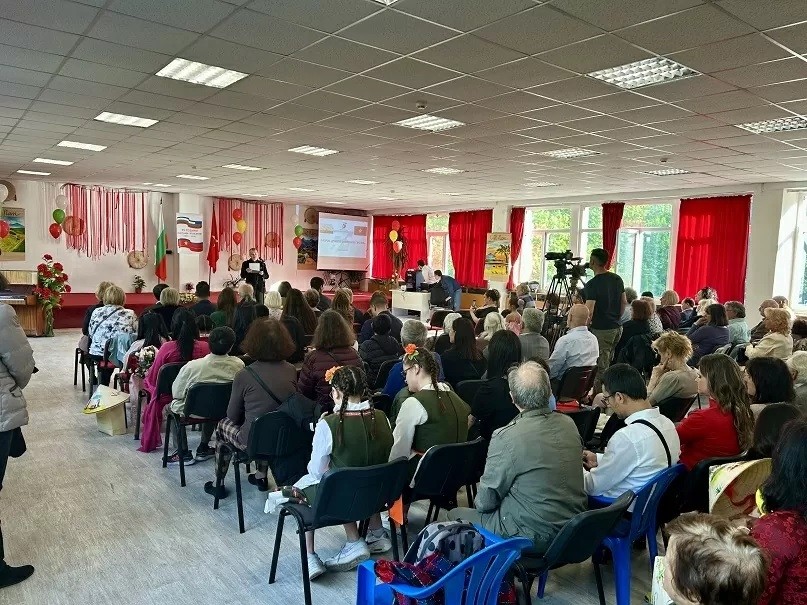 Overseas Vietnamese
Overseas Vietnamese
Art Program Deepens Vietnam-Bulgaria Cultural Exchange and Friendship
 Overseas Vietnamese
Overseas Vietnamese
First Vietnamese Film Week Opens in Greece
Popular article
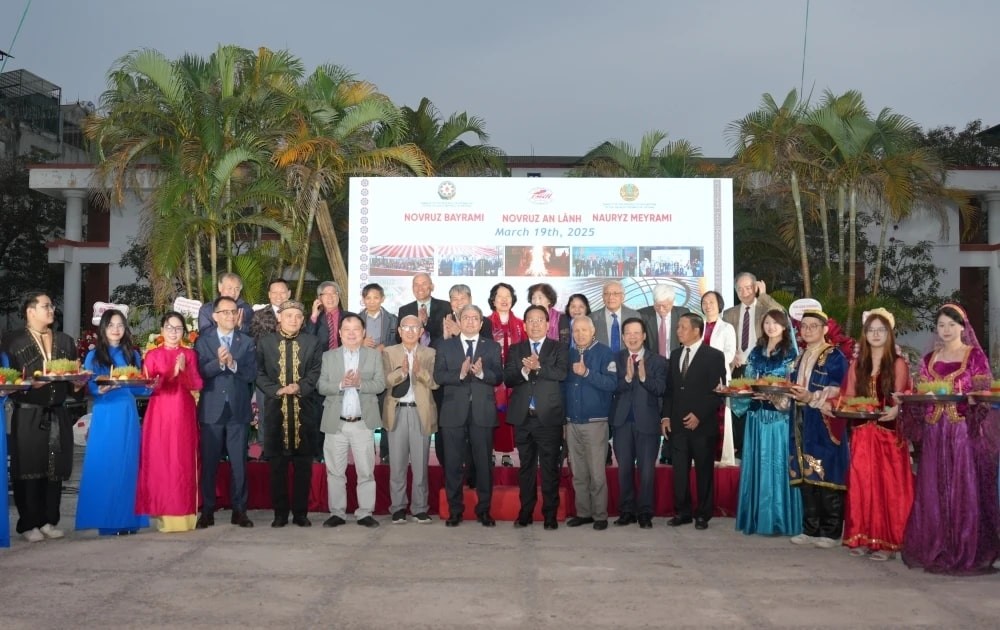 Overseas Vietnamese
Overseas Vietnamese
Strong Bonds Between Vietnam And Belarus, Azerbaijan, and Kazakhstan
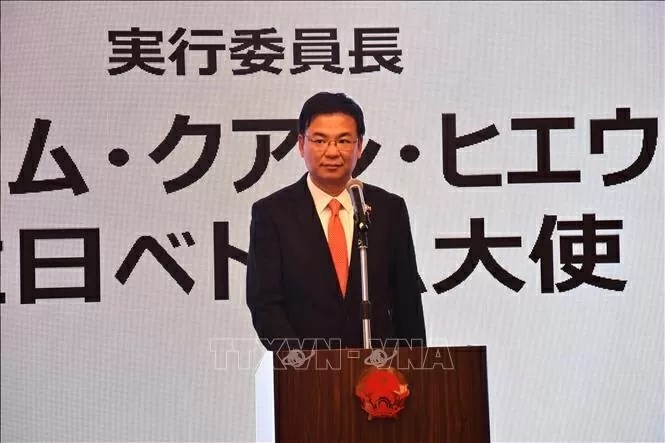 Overseas Vietnamese
Overseas Vietnamese
Vietnam Festival in Tokyo To Be Held for 18th Time
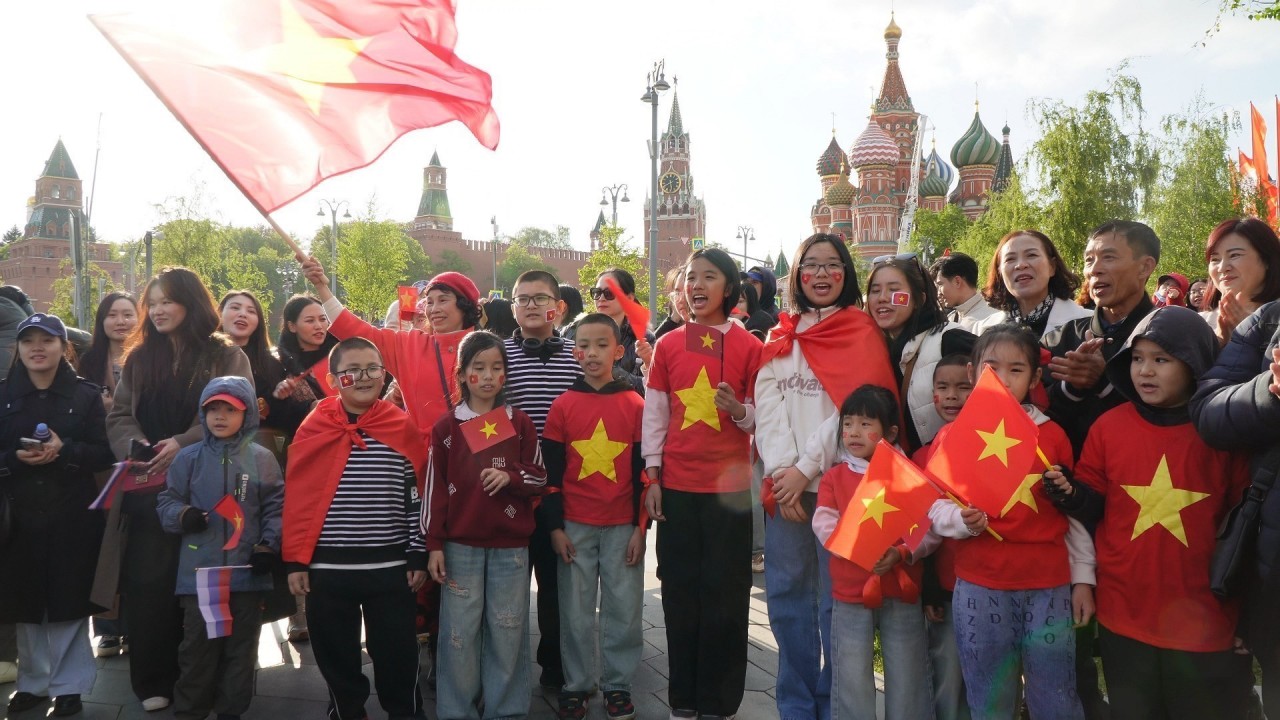 Focus
Focus
Overseas Vietnamese in Russia Welcome Vietnam People's Army Delegation at Red Square
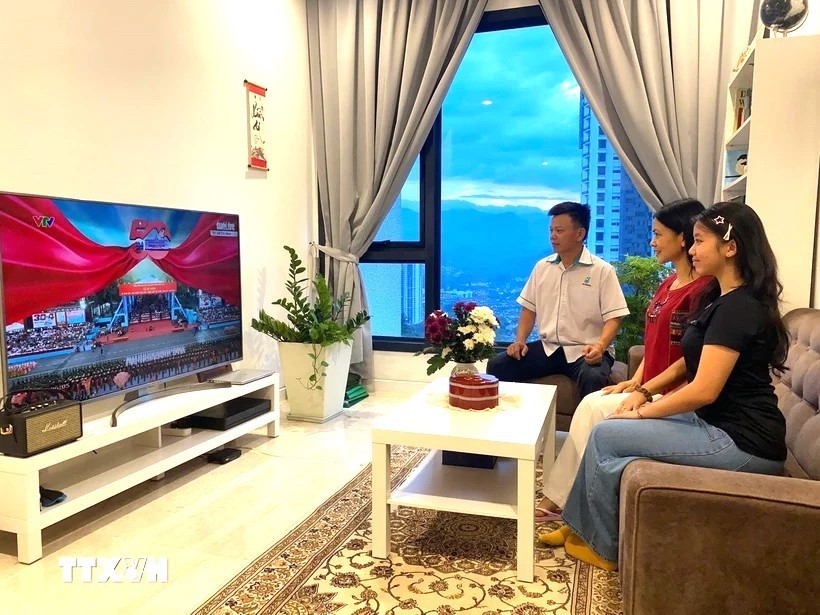 Overseas Vietnamese
Overseas Vietnamese



